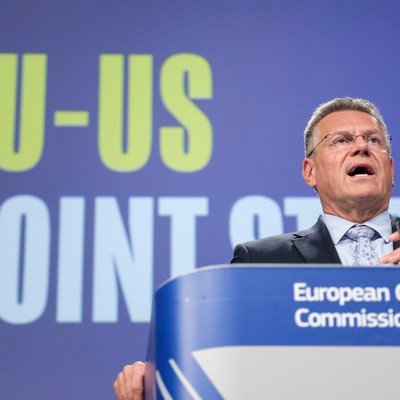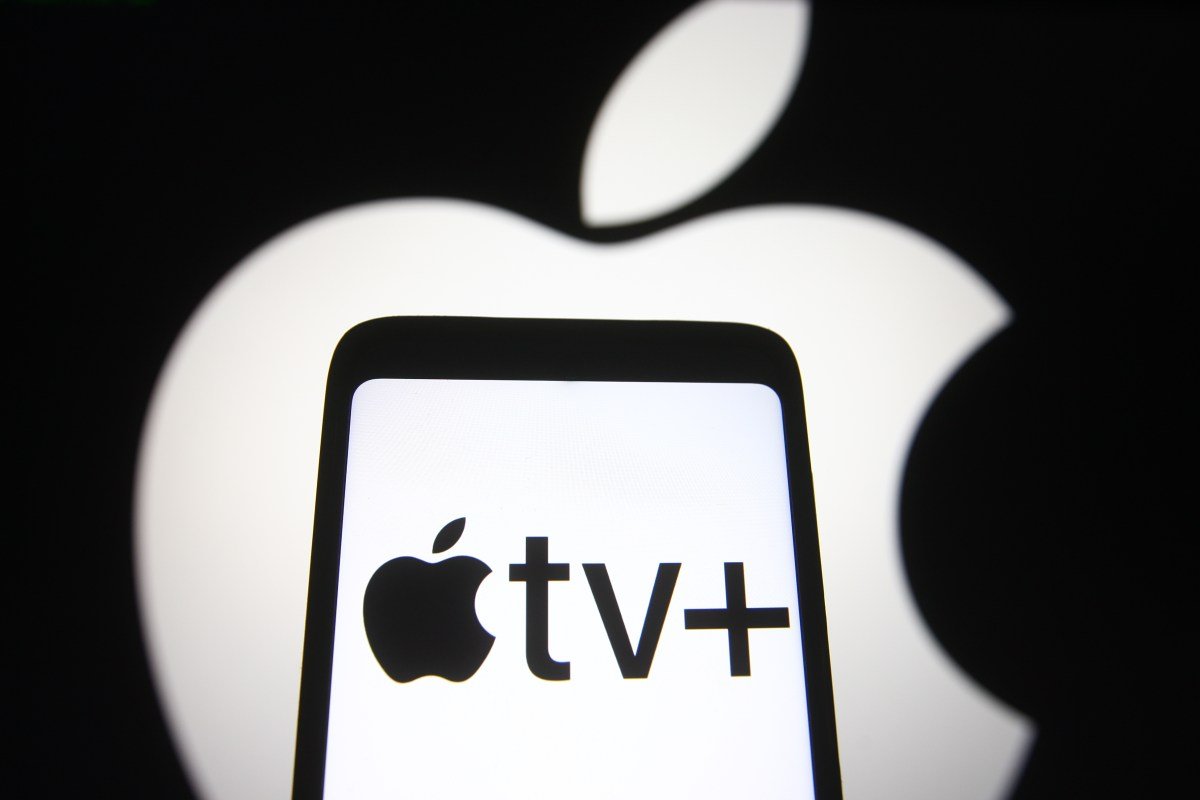The European Union and the U.S. announced on Thursday that they have finalized trade negotiations on a reciprocal framework, ensuring that tariffs on semiconductors from the EU will be capped at 15% and affirming that the EU will match U.S. security requirements to access sensitive technologies.
Detailed in a joint statement, the EU and U.S. trade framework — called the Framework on an Agreement on Reciprocal, Fair and Balanced Trade — solidifies several commitments to sharing safe access to advanced AI chips, among other provisions. This includes purchasing $40 billion worth of U.S.-made AI chips for European computing centers, under the condition that EU partners avoid any technology leakage to countries of concern.
EU Commissioner for Trade and Economic Security Maroš Šefčovič said that ensuring the EU has access to advanced AI computing chips was one of the first items he broached with U.S. trade officials in negotiating updates to the US-EU Framework Agreement.
“What we discussed with my U.S. counterparts is the fact that they also want to make sure that once these AI chips are in Europe, they will stay in Europe, that they will be used for the benefit of [the] European economy, that they will not be transshipped somewhere else,” he said in a press conference on Thursday.
Šefčovič added that the EU plans to continue working with the U.S. on adopting and maintaining adequate technology security protocols to protect sensitive intellectual property from destinations of concern.
“We are … ready to work together with our U.S. partners to make sure that we…respect all the security requirements of both parties, EU and U.S., just to make sure that sensitive technology will not end [up] in the wrong hands,” he said.
Meeting these requirements will be “nothing new” for EU partners, Šefčovič said, noting that companies based in the EU are equipped and ready to securely access advanced technologies.
This updated trade posture reflects the U.S. priority of deploying American technology internationally to allow it to set a global operational standard, while simultaneously ensuring adversarial nations — namely China — do not have access to it.
White House officials discussed this posture in July, with the director of the Office of Science and Technology Policy, Michael Kratsios, saying that the Trump administration is working to thread the needle between safeguarding American IP and proliferating U.S. technology as the global standard.
“We have the best chips, we have the best clouds, we have the best models, we have the best applications,” Kratsios said. “Everyone in the world should be using our technology, and we should make it easy for the world to use it.”




